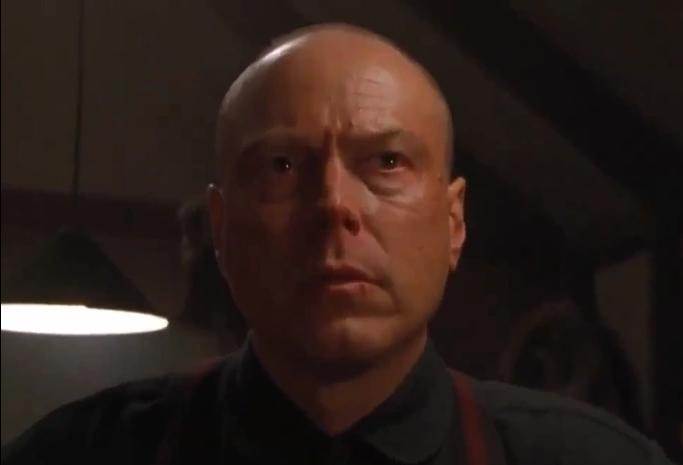Singer, Songwriter, and Character Actor George Gerdes Passes Away at 72
Singer, songwriter, and character actor George Gerdes died in a Glendale hospital on New Year's Day after suffering a brain aneurysm on New Year's Eve, according to The Hollywood Reporter.
What’s Happening:
- Singer, songwriter, and character actor “Triple Threat,” George Gerdes died in a Glendale hospital on New Year’s Day. His life partner, Judy Johns, said he passed away after suffering a brain aneurysm on New Year’s Eve.
- Gerdes was a quirky singer and songwriter, who recorded two folk/pop albums in 1971 and 72, Obituary and Son of Obituary. Joni Mitchell even described one of his songs as "the happiest sad song I've ever heard."
- He was also a well-known character actor, appearing in films and TV shows like A Few Good Men, Single White Female, The Girl With the Dragon Tattoo, The X-Files and Bosch.
- Disney fans may remember Gerdes in the role of Borg Guillarson, the main antagonist of Disney's 1994 live-action film Iron Will. He played the egotistical Swedish champion who is Will Stoneman's archenemy.
- He also had roles in ABC shows such as Grey’s Anatomy, Castle, Lost, and General Hospital.
- Gerdes was 72, and along with his life partner, his survivors also include his nephews.
- Numerous actors have posted on social media fond memories of the musician/actor, including actor Michael McKean (This is Spinal Tap) who said Gerdes was a “wonderful songwriter, poet, and actor, much beloved by everyone who knew him.”
What They’re Saying:
- Terre Roche, founding member of the vocal group The Roches: "George's songs and performances were unlike anything I've ever heard before or since. The songs were beautifully crafted. But when he mounted the stage, it was as if he had become a channel for all sorts of characters from out of the movies as he effortlessly held rapid-fire conversations between Buster Keaton, Elvis, the Wicked Witch of the West, Laurel & Hardy and myriad others from his youth. George was a triple threat, A great singer-songwriter and an actor as well. Not to disparage the worth of big stars, but in many ways George was too deep and profound to become a big pop sensation. Many of us New York City singer-songwriters of that era owe a great debt to George's influence. He once told me that as a child he wanted to go inside the television with all the people he encountered there. With his acting career, he went on to fulfill that dream for himself.”



